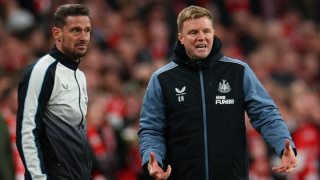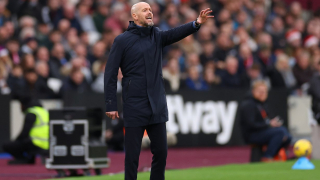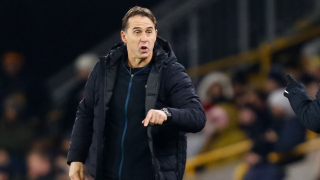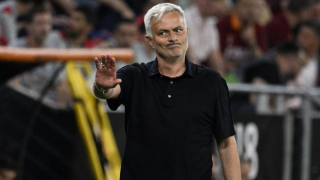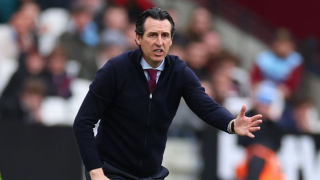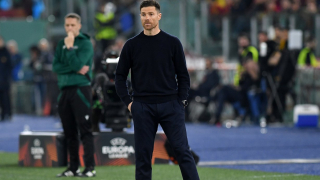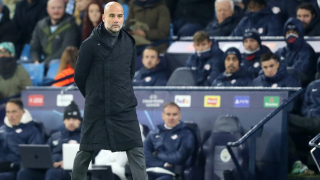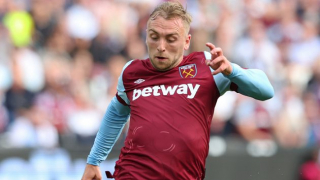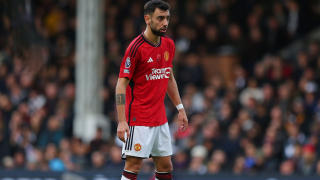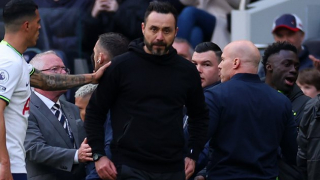COMMENT: The collapse of Michel Platini's Financial Fair Play (FFP) plans is a victory for - and was driven by - the Premier League.
The UEFA president, a day after conceding FFP would be "eased back", insisted it was "here to stay".
But deciding to "amend" the laws which now allow club owners to spend whatever they wish in the transfer market, so long as the money committed is recorded as a 'gift' and not a loan, is capitulation. And it's come thanks to the Premier League's equalisation of their TV rights deal.
That record £5.14 billion TV deal secured earlier this year had FFP on the ropes. With revenue shared equally amongst the 20 Premier League clubs, UEFA and Platini were presented with a situation where the lowest ranked English teams had more room to spend within FFP's demands than the title winners of the vast majority of rival member competitions.
The knockout blow was delivered by Jean-Louis Dupont, the lawyer who forced UEFA to create the Bosman ruling almost 20 years ago. Dupont took FFP to courts across Europe, cheered on by supporters from Manchester City, PSG and other disgruntled clubs. The Belgian argued FFP was against the spirit of free markets in Europe. With rulings due in some courts, Dupont can also claim a big influence on FFP being watered down.
FFP was always a mess. Many of us fans couldn't understand it. Nor could many coaches, including Arsene Wenger, the Arsenal manager, who is one of it's biggest supporters. Which makes about as much sense as the rulings itself.
The one size fits all approach just could not work.
In Spain, they've managed to avoid a football strike which was called, in part, due to the unequal distribution of TV revenue among clubs. Is it just coincidence that in the same month it was decided Real Madrid and Barcelona could no longer negotiate TV deals individually that FFP was changed?
In France, PSG and Lyon have been hit by a massive changes in their tax laws. And while the Premier League have banned third party involvement in transfers, it's a concept thriving on the continent.
Then there's the co-ownership of players, the private versus public funding of stadiums,... the imbalances go on and on.
But in the end, highlighting the unfairness wasn't what forced UEFA and Platini to back pedal.
It's a satisfying irony that the collective strength of the Premier League and it's commitment to an equal distribution of TV revenue is what has brought down FFP.
More:
P1) FFP collapse: From Chelsea, Man City to Hull - ambition alive again
P3) FFP collapse: Five Premier League clubs which now could be sold

